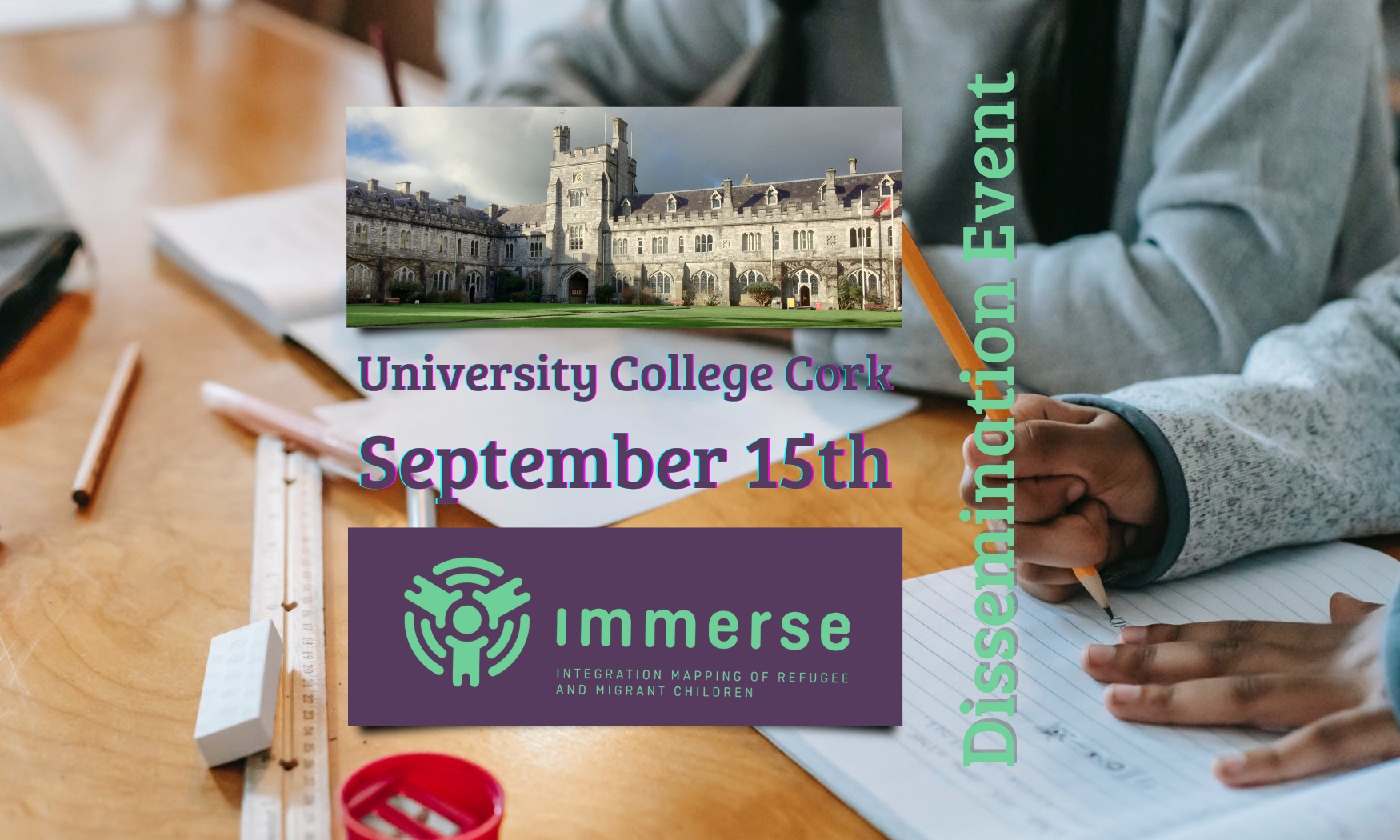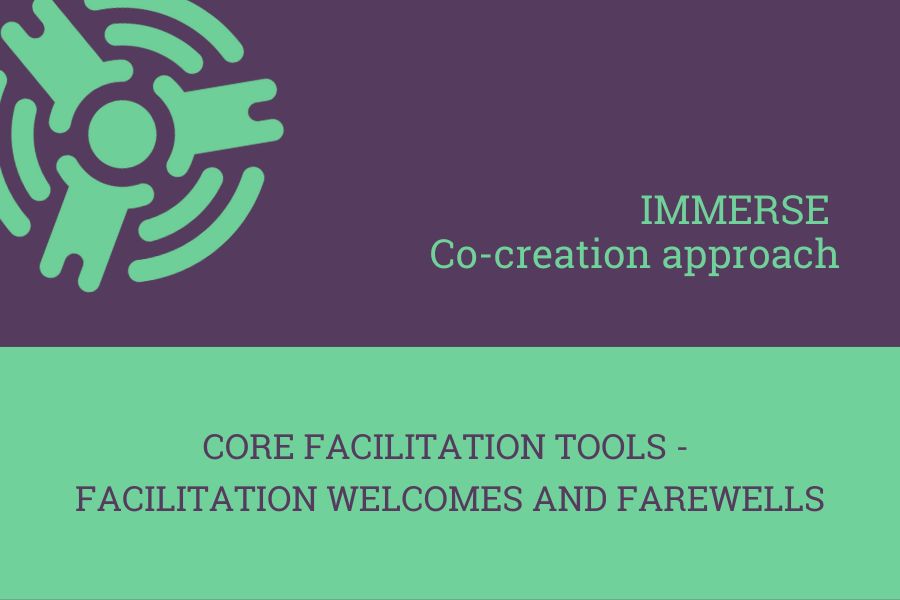Description
EDNIP was a research and intervention project led by the Transforming Education through Dialogue Project (TED), Curriculum Development Unit, and Mary Immaculate College (MIC) of Limerick, Ireland. EDNIP evolved through discussion with members of the PLUS and OSCAILT DEIS school networks, facilitated by TED and aimed at sharing the five participating schools’ experiences of supporting migrant families. EDNIP developed an effective management scheme, communication strategies, and a multi-layered, holistic intervention model. EDNIP sought to promote integration through modelling effective inclusive transparent governance practices; listening to and learning from school staff, parents and children; promoting capacity building for school staff; nurturing parents and community engagement and skill development; offering a variety of in-school time, after-school and holiday opportunities; modelling effective interagency; and being informed by the literature on integration and best practice. EDNIP was a partnership project between MIC, the five schools, the Department of Education, Tusla Educational Support Services, Limerick City and County Council, Limerick and Clare Education and Training Board and Limerick Education Centre. EDNIP ran from 2017 to 2019. A reduced version ran in 2020/2021 and will continue to 2023. EDNIP was funded through the Asylum, Migration, Integration Fund (75%) and through TED and a Philanthropic Trust (25%).
- Access to compulsory education
- Children complete compulsory education
- Children maintain their cultural identity while adopting new cultural values and intercultural competences
- Children's academic skills
- Children's competence in host language
- Children's life satisfaction / happiness
- Children's sense of belonging
- Friends and peers (bridges)
- Friends and peers (support)
- Institutions
- Teachers
Evaluation ex post
Nurturing Integration Project (EDNIP): sharing the story, evolution, model and outcomes of a research and intervention project in five DEIS Band 1 primary schools in Limerick City 2017-2019. It details the origins of the initiative, it's scope, governance, and key factors contributing to its success; to which was the commitment of the five school principals involved, the strength of their network and the co-operation and support of colleagues working in Mary Immaculate College. The vision and understanding embedded into the project that adoped a multi-layered view of educational support taking children, their families and communities into account was a key contributor to its success.
The Report of the project is available at the following link.
https://www.mic.ul.ie/sites/default/files/uploads/140/EDNIP%202020%20Full%20Report.pdf
Projects’ deliverables
Project report.
Reproducibility
The project has been implemented in 5 schools (as planned). But there is no reference to transferability beyond the project, to other contexts.
Motivation for the submission
This project, originated through the identification of issues arising in schools seeking to support migrant children, across the local network of school principals. It's success and reach are embedded in the motivation of the principals and their network, co-operation across educational and local authority institutions. It's scope, involving initiatives within and outside of school times and activities embed it in the needs of children and of their families.



